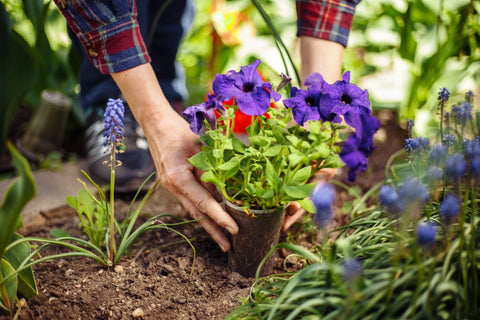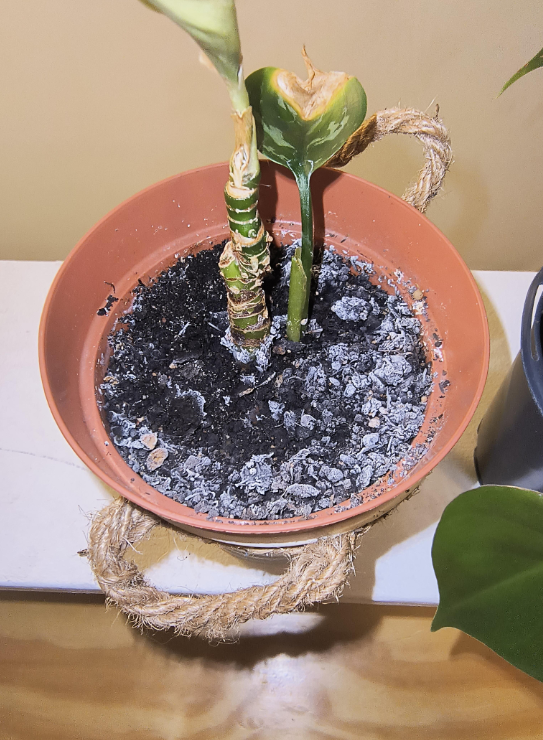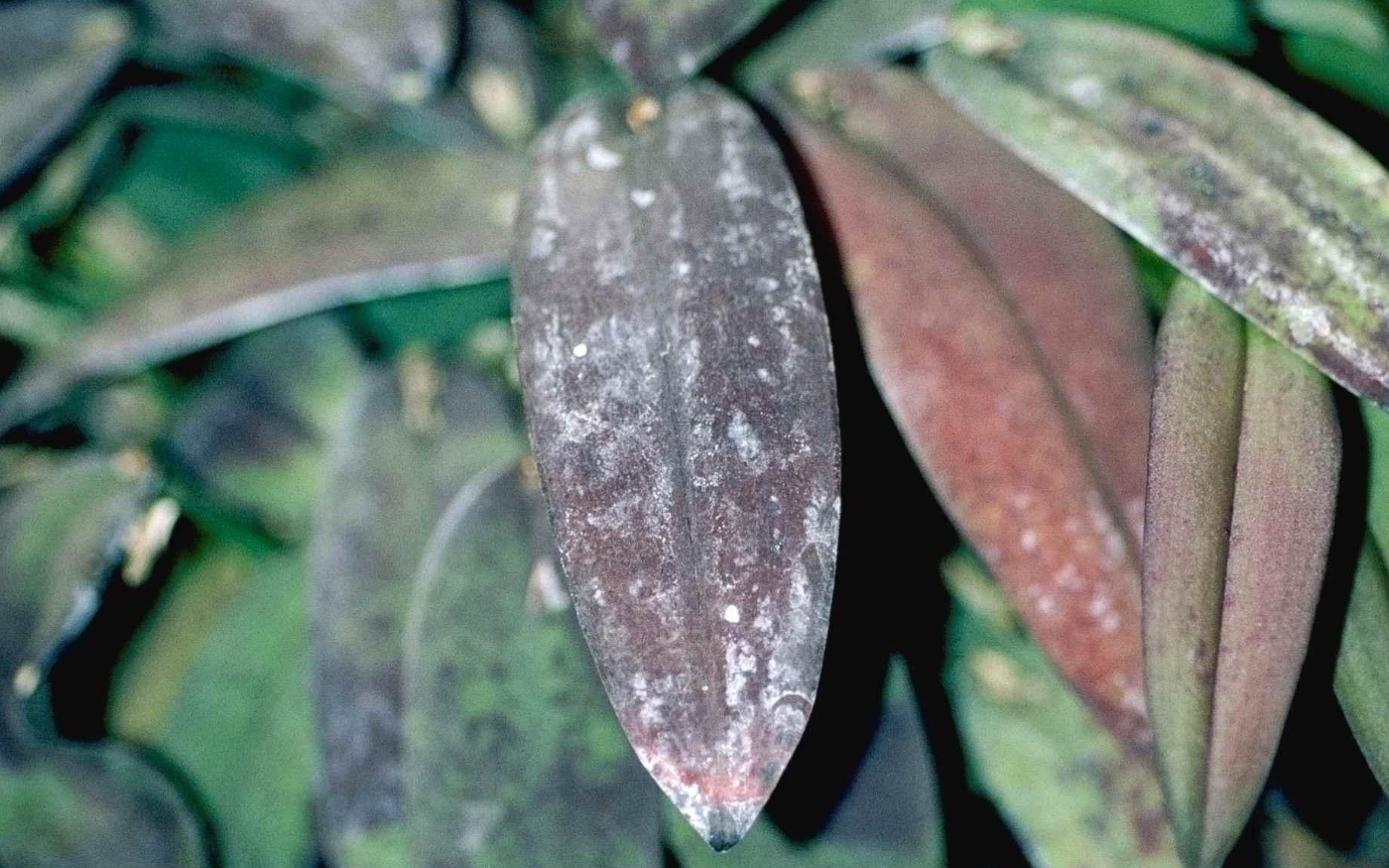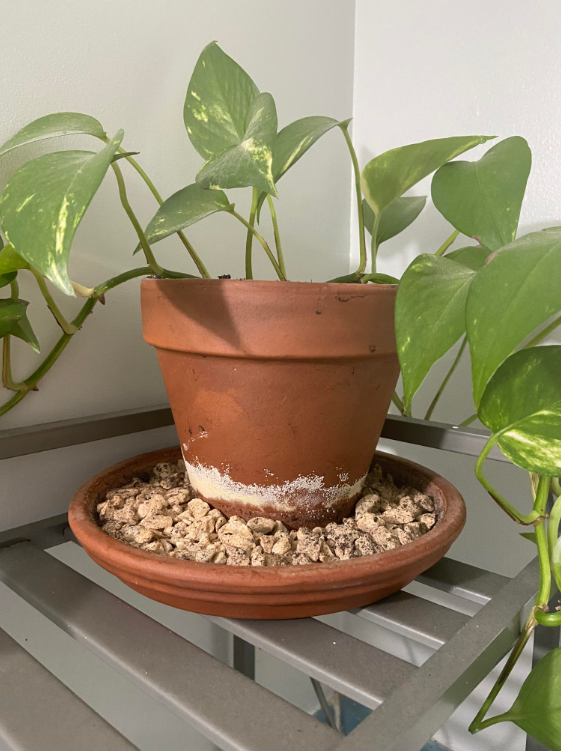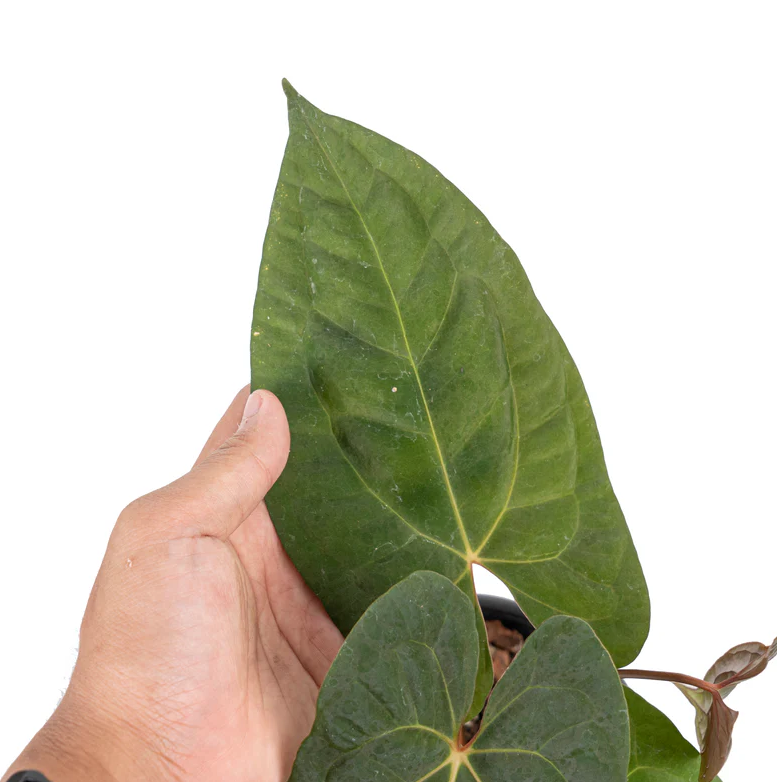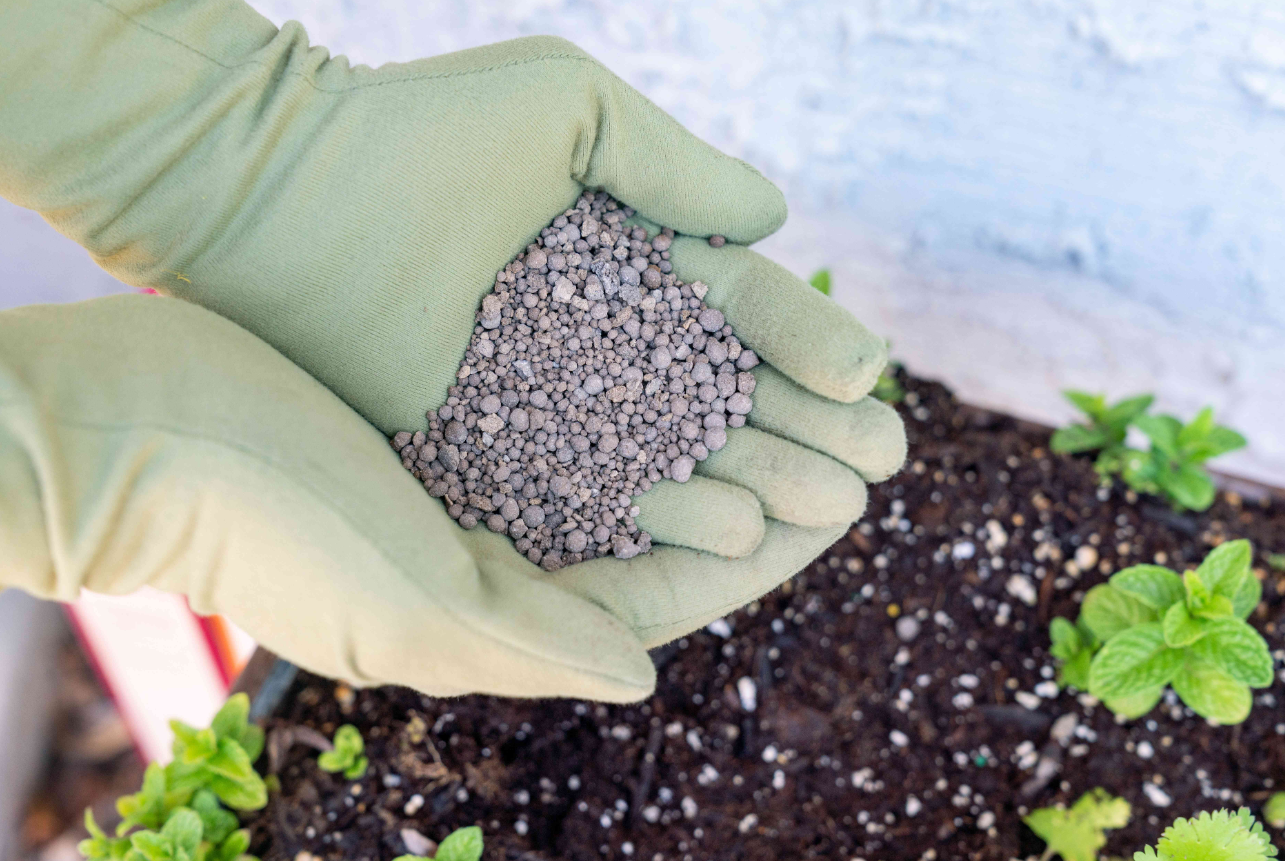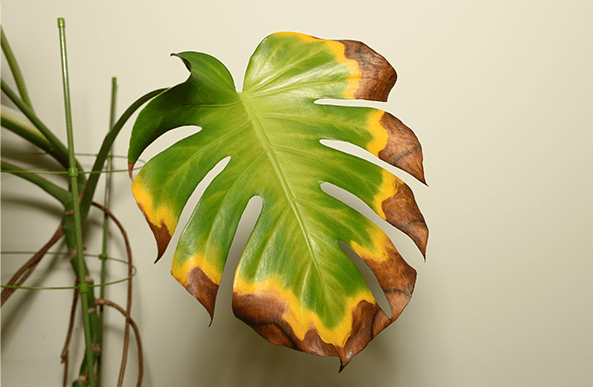What is a Calcium Build-up?
It is the imbalance in the soil caused by an excessive amount of calcium salt accumulation. While calcium is essential, its extreme deposition in the soil changes the soil's texture. Thus resulting in improper nutrient absorption that adversely affects the plants adversely. This mainly starts from the excessive use of lime or gypsum, irrigation with hard water, or due to the natural soil composition.


